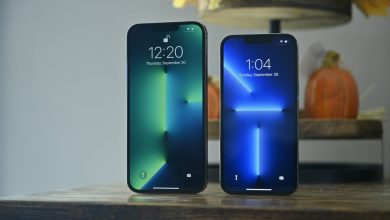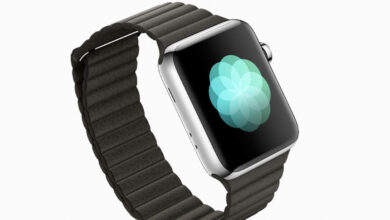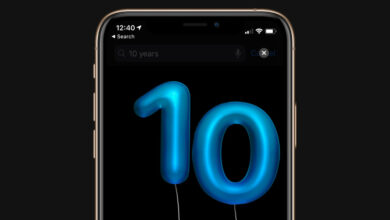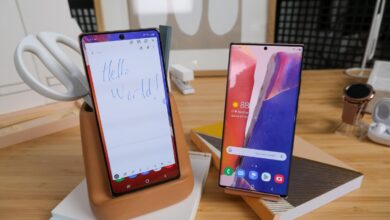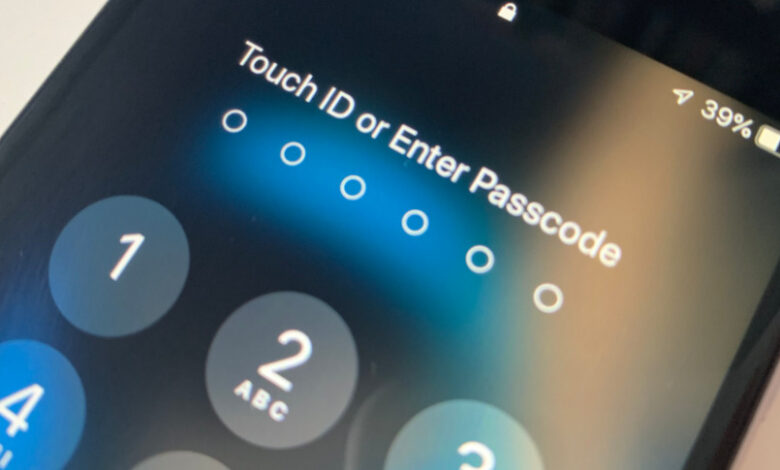
The New Jersey Supreme Courtroom has ruled a defendant can be compelled to give up their iPhone’s passcode, a determination that goes versus arguments that these kinds of actions violate the Fifth Modification.
The court agreed with prosecutors when asked about locked smartphones and irrespective of whether they have to be given up to law enforcement, as portion of an investigation into a former Essex County sheriff’s officer and their dealings with a Bloods street gang. The courtroom resolved to rule in favor, but narrowly, with the decision getting 4-3 for the movement.
The final decision, as reported by NorthJersey.com, rejects the argument that supplying obtain to a smartphone’s locked information violates the Fifth Amendment of the U.S. Structure, which shields against self-incrimination.
The ruling forces previous officer Robert Andrews to hand more than passcodes for two smartphones to investigators. Andrews has been billed with many counts of official misconduct, as well as hindering apprehension and obstruction, for allegedly tipping off a individual of curiosity forward of their arrest in 2015.
Soon after admitting to owning conversed Andrews, authorities located proof of 114 exchanges amongst the officer and the man or woman of fascination. When a warrant was secured for a closer inspection, Andrews claimed delivering the passcodes was the equivalent of staying compelled to provide “testimony” that could be self-incriminating.
The point out advised the court docket that this won’t apply due to the “foregone summary exception” of the Fifth Amendment, specifically that they knew messages existed and the only point protecting against obtain was Andrews’ passcode.
According to the Digital Privacy Data Middle counsel Megan Iorio, whom offered a short to the courtroom on behalf of Andrews, the court docket “emphasized that the look for warrant in this scenario was noticeably narrowed by a trial court buy, and that selection did not give legislation enforcement license to carry out a fishing expedition.”
The ruling is the most recent party in an ongoing collection of rulings concerning whether or not demanding passcode or biometric entry to cell units is permissible, with courts different their rulings around time.
In January 2019, a federal decide in California dominated Experience ID and Contact ID unlocks couldn’t be compelled by law enforcement officials, a final decision agreed upon by a US magistrate in August that similar year. Having said that, in 2016, a Los Angeles court docket ordered a girl to unlock her Touch ID-secured Iphone as part of an FBI investigation into the Armenian Ability gang.

